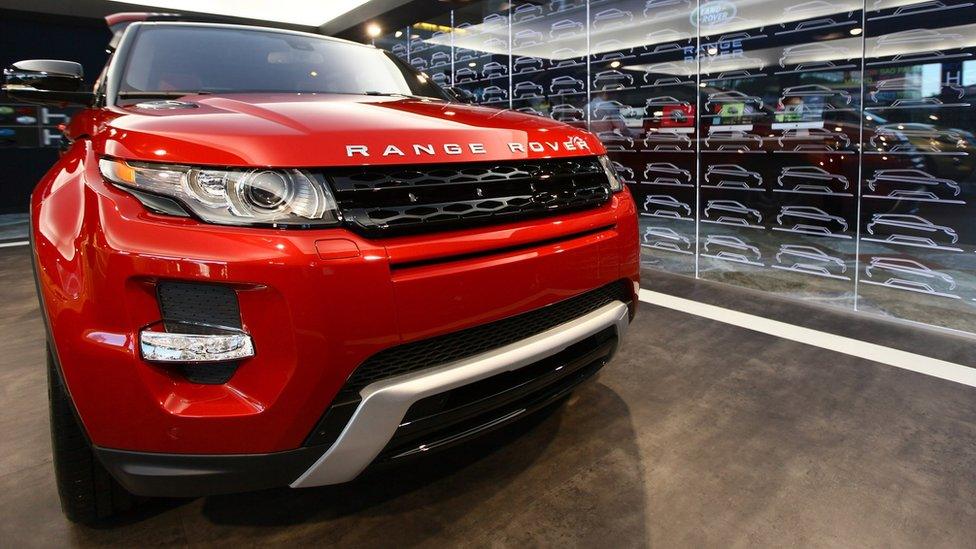BMW to close Mini plant for a month post-Brexit
- Published
- comments
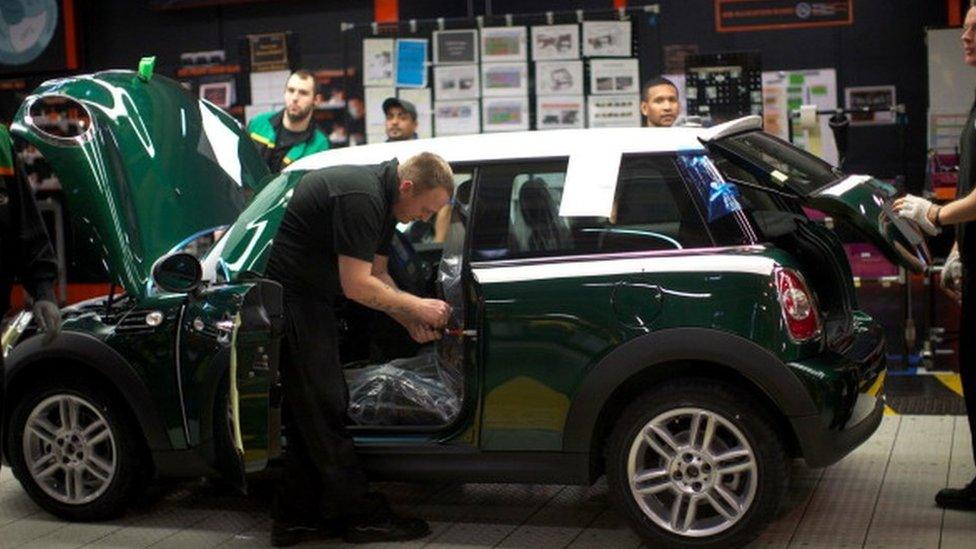
The Mini factory in Oxford will shut down for a month after Brexit at the end of March to minimise disruption in case of a no-deal outcome.
Owner BMW said its summer maintenance shutdown had been brought forward to 1 April to reduce any "possible short-term parts-supply disruption".
"While we believe this worst case scenario is an unlikely outcome, we have to plan for it," BMW said.
The German firm said it "remained committed" to its UK operations.
The Cowley plant, on the outskirts of Oxford, will remain open in April with maintenance, management and catering staff continuing to work despite no cars being made.
It employs 4,500 people and produces 5,000 cars a week.
BMW said the downtime would be used to start preparing the plant to make the new electric Mini.
Global operation
The concern is that in the event of the UK leaving the EU without a deal on 29 March, there could be disruption at the borders and shortages of parts.
Hundreds of lorries a day arrive at Cowley with parts from across the world, with 60% of components coming from the EU.

Analysis:
Theo Leggett, BBC business correspondent
Factory shutdowns are common in the car industry. Machinery needs to be repaired or replaced and updates or modifications to production lines carried out. Usually at Mini this happens during the summer and is built into the carmaker's output planning.
What BMW has done is simply reschedule that shutdown to coincide with a potential period of serious disruption at the borders after Brexit, if we leave the EU without a deal. If the plant is not actually making cars, then a shortage of imported parts should not be so much of a problem. The company says a no-deal outcome is unlikely, but has to be planned for.
Rescheduling the annual shutdown looks like a relatively simple and inexpensive piece of contingency planning. Nevertheless, it does send out a political message. It's a reminder that carmakers are particularly reliant on frictionless borders, to ensure parts arrive where they're needed at exactly the right time. And it shows that BMW is taking the risk of a no-deal Brexit seriously.
Add that to comments made by the Jaguar Land Rover boss last week suggesting that the wrong Brexit deal could cost tens of thousands of jobs, and it suggests that people within the industry are getting rather nervous right now.

How British is a Mini?
Other carmakers with British operations have warned that a bad or no Brexit deal would be damaging for the UK car industry.
Earlier on Tuesday, the head of Honda Europe, Ian Howells, told the BBC that a no-deal Brexit would cost his company tens of millions of pounds.
"In terms of administration, we'd probably be looking at something like sixty odd thousand additional bits of documentation we would have to provide to get product to and from Europe," Mr Howells told BBC Radio 5 live.
"And clearly if we end up with World Trade Organization tariffs we'd have something like 10% costs in addition on our shipped product back into Europe, and that would certainly run into tens of millions of pounds."
Last week, Jaguar Land Rover boss Ralf Speth warned the government to get "the right Brexit" or it could wipe out profits at the carmaker and lead to big job cuts.
On Tuesday the company said about 1,000 workers at its Castle Bromwich plant in Birmingham would move from a five-day to a three-day week from October until Christmas.
JLR - the UK's largest carmaker - said it was making "temporary adjustments" to its production schedules at the factory, which produces Jaguar cars.
- Published22 June 2018
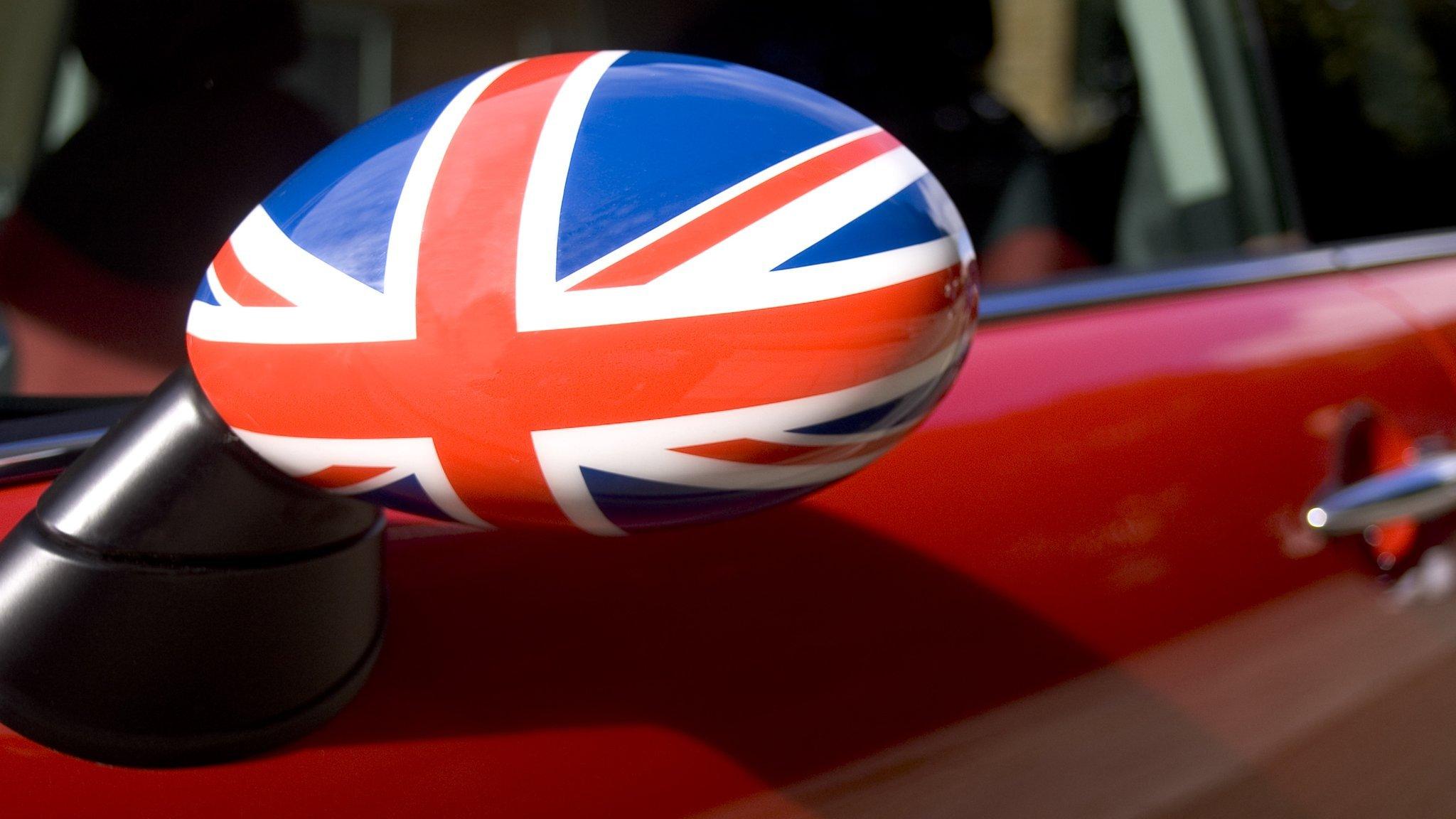
- Published18 September 2018
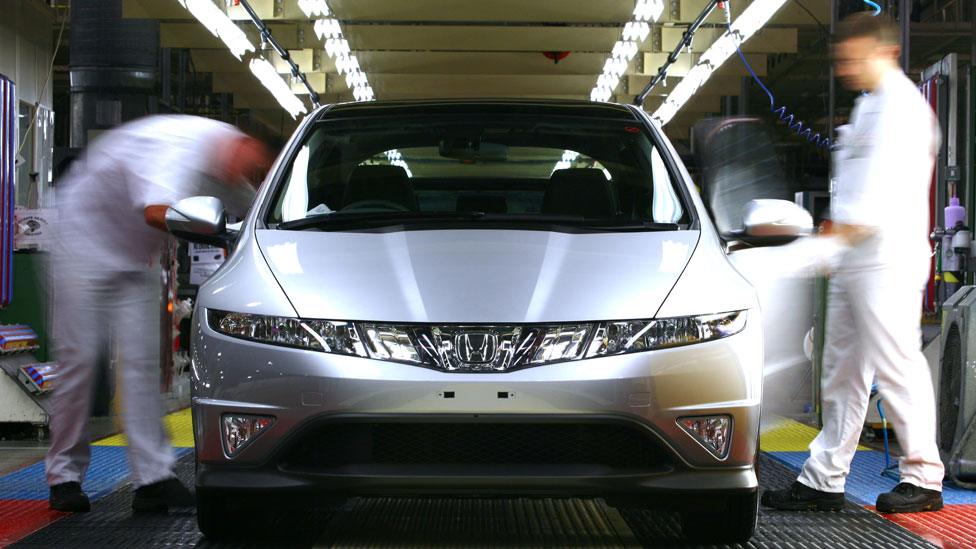
- Published17 September 2018
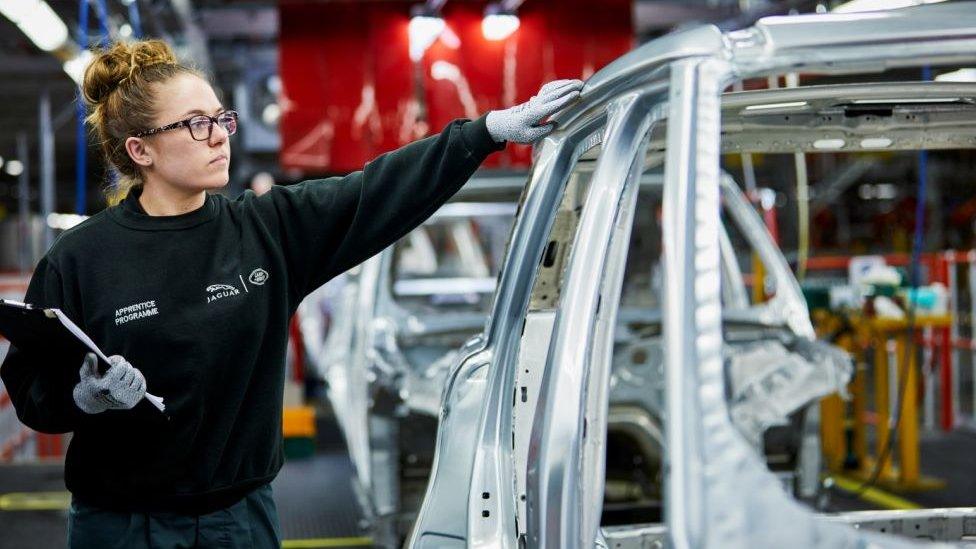
- Published11 September 2018
